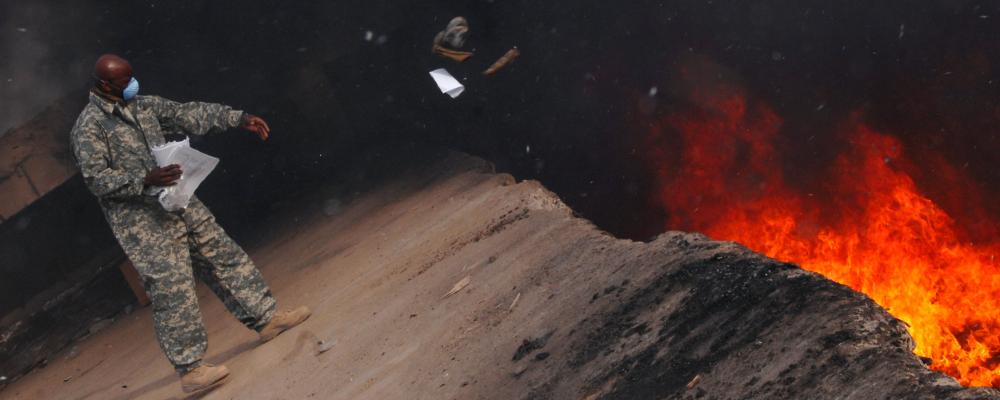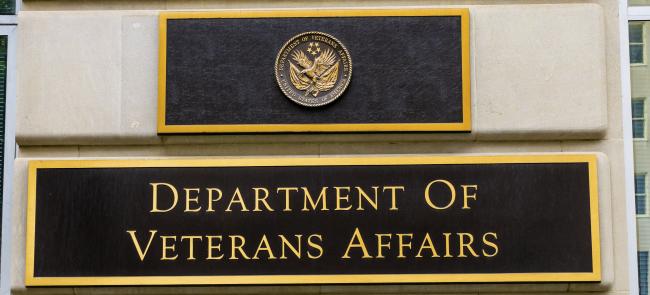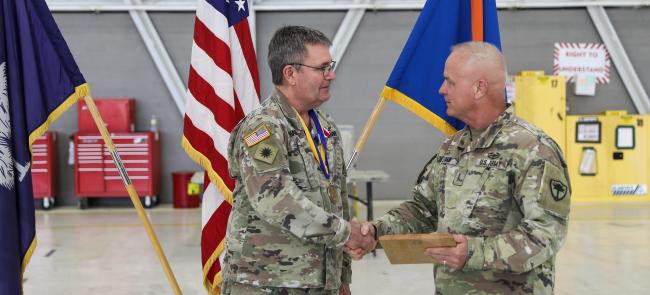
The Department of Veterans Affairs announced Aug. 1 the launch of its redesigned Airborne Hazards and Open Burn Pit Registry.
In response to extensive feedback from veterans and service members, VA's changes will help greatly reduce the burden of participating in the registry, said Terrence Hayes, an agency spokesperson.
The registry's expansion of eligibility criteria and automatic enrollment based on Defense Department records means approximately 4.7 million veterans and service members will now be included, he continued, with simple opt-out procedures for those who do not wish to participate.
Those who enrolled in the registry at any time before the launch of the redesign will be automatically enrolled in the new version, Hayes added.
"This tool is a significant improvement in making data available in a way that better serves all those who were exposed to burn pits and other hazards," said Dr. Lester Martinez-Lopez, assistant secretary of defense for health affairs. "Being part of the registry is a way for individuals to help and improve our understanding of the challenges faced by service members and veterans affected by these exposures."
"The burn pit registry is fueling groundbreaking research and enabling VA's ability to identify and proactively address health challenges that toxic-exposed veterans face," said Dr. Shereef Elnahal, VA undersecretary for health.
"While the registry does not impact an individual veteran's health care or benefits, it does serve as a catalyst for advancing new and innovative treatments for the veteran population as a whole — including informing decisions related to presumptive conditions, more precise predictive medicine and proactive veteran care," Elnahal said.
"This redesign massively expands the registry and reduces the participation requirements for veterans, paving the way for critical research in the coming years," Elnahal added.
While this research database does not impact individual care and benefits, there are many avenues for veterans to reach VA for the services they deserve. VA encourages veterans seeking screening, health care or benefits for toxic exposures to visit VA.gov/PACT or call 1-800-698-2411, Hayes said.
Living or deceased service members who — according to DOD records — served in certain locations in or near the Middle East between Aug. 2, 1990, and Aug. 31, 2021, will be automatically included in the registry. The registry's website has a complete listing of the nations and the surrounding waters in that region.
The data in the registry lists deployment locations, military personnel information and demographics, including gender, race and ethnicity.
No medical information will be stored in the registry. Veteran and service member data will be accessible only to select VA epidemiologists and researchers and institutional review board-approved researchers, Hayes said.
It will be used to conduct research on the cohort over a period of time. The results will inform the policy decision-making efforts of VA executive leaders, including those related to presumptive conditions, he added.
— By David Vergun, Department of Defense News












